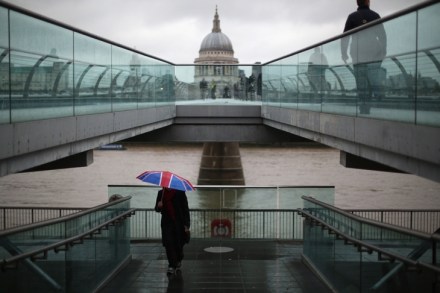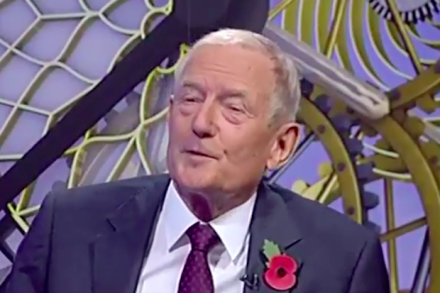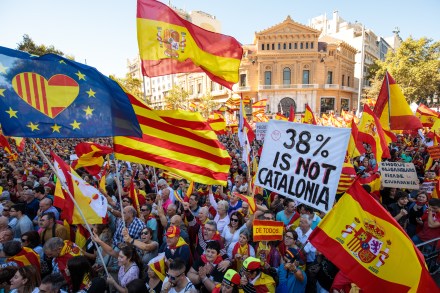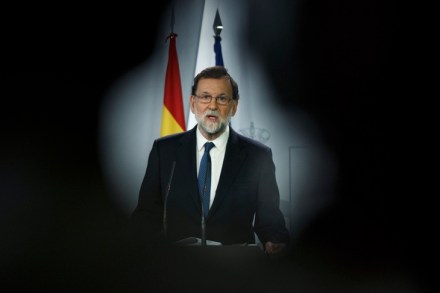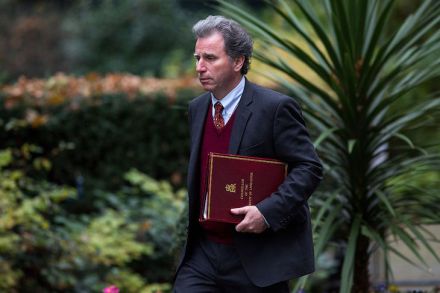Since Article 50 was triggered, a no-deal Brexit has been the default
Jeremy Hunt has told Tory rebels that”if we don’t back Theresa May we will have no Brexit”. It echoes a point Paul Mason once made – a point that you hear quite often: there’s no chance of no deal on Brexit, because there is no parliamentary majority for no deal. It’s understandable, given recently chaos, to imagine that if things are falling apart then Brexit might be one of them. Lord Kerr, who helped draft the Article 50 withdrawal clause, said last week that “the Brexiters create the impression that… having sent in a letter on 29 March 2017 we must leave automatically on 29 March 2019 at the latest. That is












